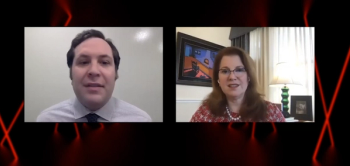
Independent medical practices are crucial to the working of our health system. So what can be done to save them from COVID-19?

Independent medical practices are crucial to the working of our health system. So what can be done to save them from COVID-19?
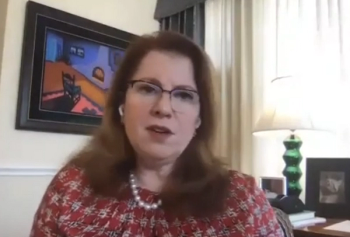
Halee Fischer-Wright, MD, the president and CEO of the Medical Group Management Association, discusses the state of the COVID-19, the role of physicians in ending the pandemic.
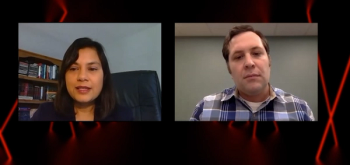
Tabassum Salam, MD, the ACP's vice president of medical education, discusses what physicians need to know to get started with telehealth right away.
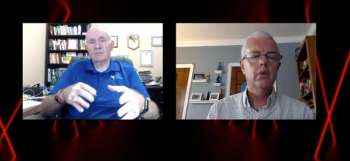
Healthcare business consultant Owen Dahl explains what physicians need to do to protect their practice from financial harm as a result of the COVID-19 pandemic.
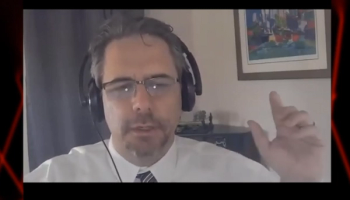
Eric Haden discusses the mechanics of conducting a telehealth appointment, and explains how physicians can improve on camera.
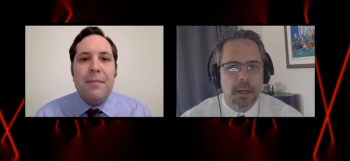
How physicians can set up a telehealth program quickly to see patients during the COVID-19 pandemic.
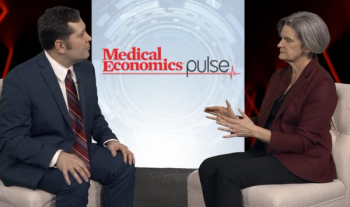
Wendy Dean, MD, the founder of Fix Moral Injury, discusses how physicians have lost autonomy, and what can be done to restore it.
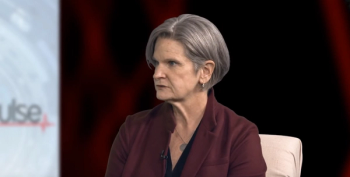
Wendy Dean, MD, the founder of Fix Moral Injury, discusses why the term "burnout" does not encompass the full scope of the problem, and what can be done to address physician career dissatisfaction.
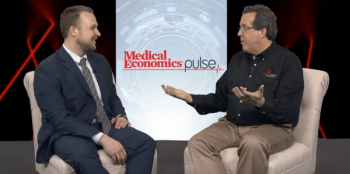
Kevin Johnson, CEO of Secure Ideas and a hacking expert, discusses a medical practice's chance of being hacked, and steps that every physician should take to secure their data.
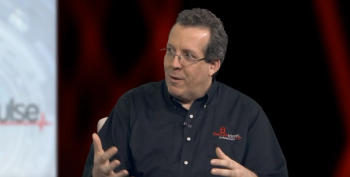
Kevin Johnson, a professional "ethical" hacker and CEO of Secure Ideas, sits down with Medical Economics to discuss what physicians and healthcare organizations can do better to defend against cyber threats.
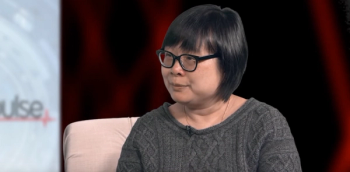
Medical Economics sat down with Christina Tan, MD, the state epidemiologist for New Jersey, to discuss the latest on the Coronavirus outbreak (COVID-19) and how to answer patient questions about the disease.
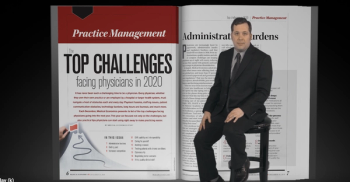
David B. Wright, MD, discusses the technique of motivational interviewing, and how he has used it to successfully improve the health of patients with complex chronic conditions.
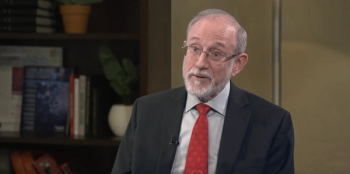
David B. Wright, MD, an internist from Memphis, tells Medical Economics about the benefits of running a direct pay practice, how it has improved his relationship with his patients, and their health outcomes.
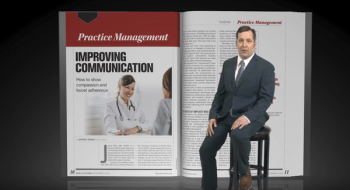
Anthony Orsini, DO, discusses how physicians can improve the way their communicate with patients to create loyalty, improve the relationship and boost outcomes.
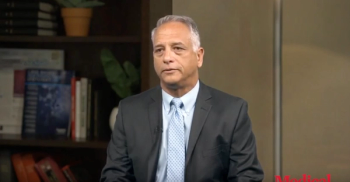
Anthony Orsini, DO discusses how physicians can show more compassion to their patients, and boost patient outcomes and loyalty.
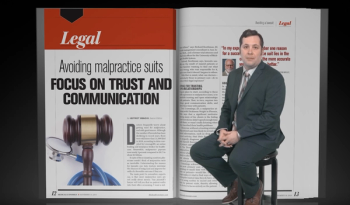
Frederick M. Cummings, JD, talks to Medical Economics about apology laws and what impact they have on patient relations and medical malpractice lawsuits.
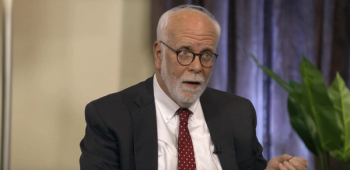
Frederick M. Cummings, JD, a medical malpractice attorney with Dickinson Wright, discusses proactive strategies for preventing a malpractice lawsuit.
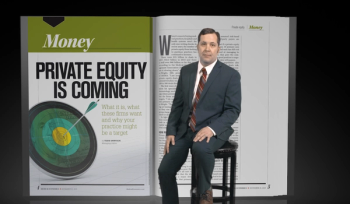
Rick Zall, JD, an attorney and chair of Proskauer’s healthcare group, discusses how medical practices can prepare for a private equity acquisition.
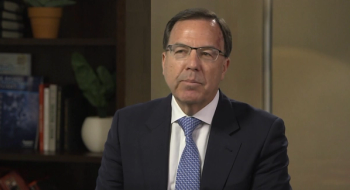
Rick Zall, JD, an attorney and chair of Proskauer’s healthcare group, discusses private equity acquisitions of medical practices.
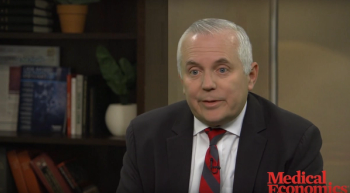
James Underberg, MD, discusses how the physician-patient relationship has changed, and what physicians should do to strengthen their ties with their patients.
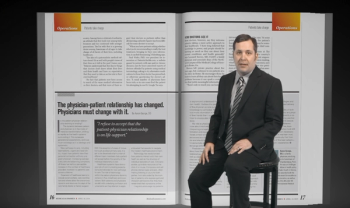
James Underberg, MD, discusses how he left a large health system to open his own practice, and provides tips for physicians considering the same move.
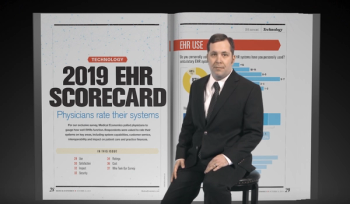
Medical Economics sat down with Andrew Pecora, MD, to discuss why EHR data sharing is so difficult, and potential solutions to this complex issue
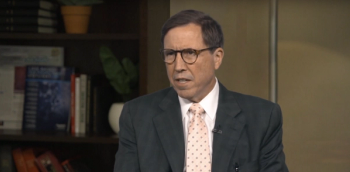
Can EHRs be fixed? The government thinks they can. We talk to Andrew Pecora, MD, about how to improve EHR usability